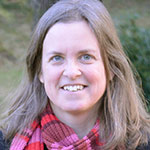The role of scientific knowledge in decision-making about environmental issues is increasingly contested in a variety of ways and by different actors. In our research we investigate three areas of concern:
- The tensions that arise between post-truth relativism and a critical engagement with science and knowledge that is democratically legitimate and desirable
- How and with which aims emotions, values and knowledge are used and pitted against each other in public discourse on environmental decision-making – and what implications this has.
- How knowledge, emotions and values are brought together in the crafting of stories, i.e., narratives that are developed and told intentionally to convince or persuade.
We examine three different case study areas: (i) governance of the low-carbon transition, (ii) new genetic technologies in agriculture and food production and (iii) nature interpretation.
We work closely with the following societal partners: the Swedish Environment Protection Agency, the Swedish Centre for Nature Interpretation (SCNI-SLU), Biotopia (formerly the Biological museum in Uppsala), and the Swedish Hunters’ Association.


